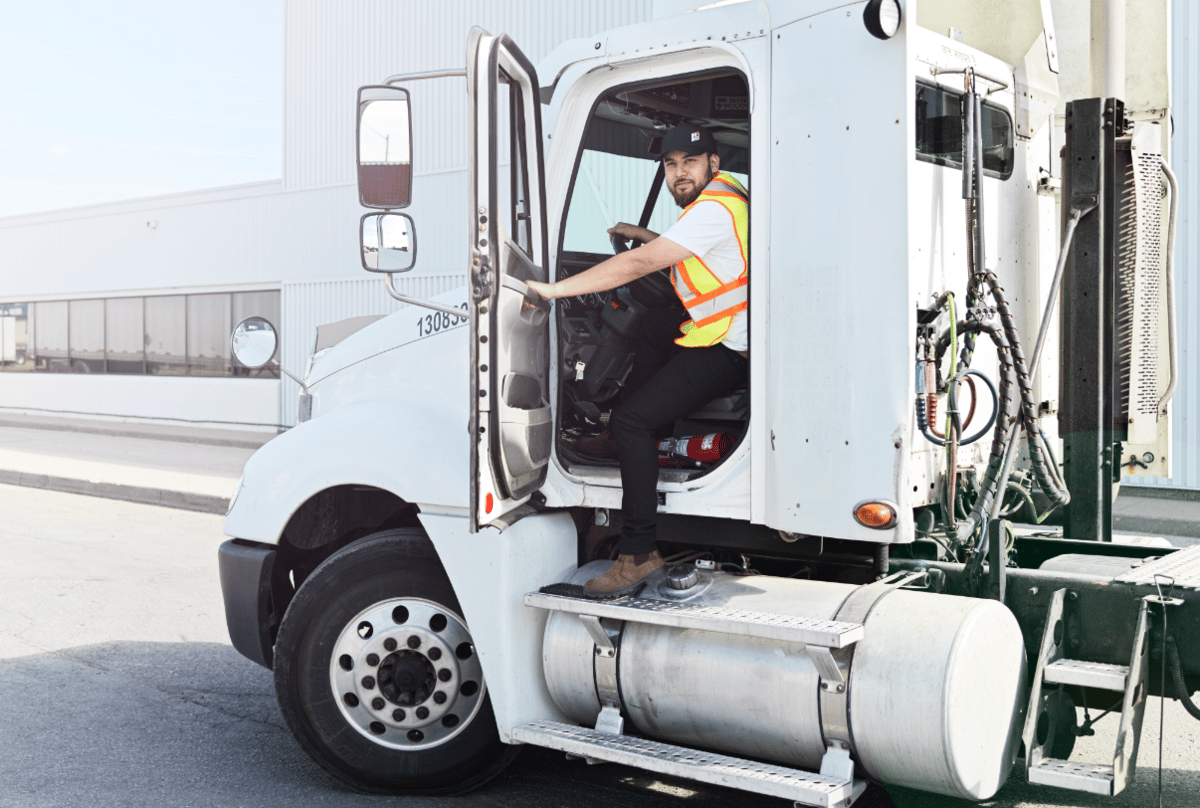Every year, thousands of people in North America are victims of human trafficking.
According to Stats Canada, there were over 500 incidents of human trafficking in 2019, with 31 of those taking place in Alberta — though the reality is likely much, much higher as many cases go undetected.
According to a September 2017 report from the International Labor Organization (ILO) and Walk Free Foundation, over 24.9 million victims are trapped in modern-day slavery — and that number has grown to over 40 million.
That’s why Doug Tingley, COO of trucking company Day and Ross, says it’s important to raise awareness about this global issue affecting millions of people.
With two locations in Calgary as well as others across the country, Day and Ross are one of Canada’s largest trucking companies.
The ears and eyes of the road
Day and Ross has an important partnership with Truckers Against Trafficking (TAT) — an organization Tingley says is dedicated to eliminating human trafficking.
“This organization has grown to utilize truckers who can be the eyes and ears on the road,” he says. “What to look for, people who could be being held against their will, and being exploited.”
For Tingley, partnering lined up with their company values, and as one of the largest trucking companies in Canada, Day and Ross’s workforce offered the opportunity to help.
“Somebody in our organization heard them speak about what was going on out there. When we think about our values, it feels like something that we should get involved with,” he adds.
Day and Ross have been partnered with TAT for two years now, and Tingley says the partnership just makes sense because of the company’s reach.
“We have lots of drivers that are travelling the road today. Our drivers are hardworking people and they care,” he says. “This is the type of thing that they like to be a part of and contribute towards.”
Survivors share their stories
Part of the TAT initiative involves training truckers on how to recognize victims of human trafficking through sharing stories of survivors.
“It makes use of people that have survived human trafficking situations and they tell their story,” Tingley says.
Tingley adds that it’s a powerful way to show the extent and context of the crime if you’ve never been exposed to anything like it.
“You kind of understand how easy it is for somebody to fall into that and be exploited.”
Learning how to spot victims of human trafficking
Tingley says the other part of the training involves teaching truckers what to look for.
“If you were driving along and you stopped at a rest area and saw a young person that looked out of place,” he says.
“Maybe it’s the time of day, maybe it’s the way they dress, could be a bunch of different factors, but it looks like an odd situation. Little things that in their experience are indicators that somebody could be held under duress.”
The best approach after that, Tingley says, is to try and ask them questions if you can to sense if they are in danger. Otherwise, he says it’s best not to try to solve the situation but to alert the proper authorities.
“Then people that are familiar with dealing with these situations can get involved quickly, and if something is going on, then help liberate that individual.”
Everyone can learn what to watch for
Tingley says it’s important to note that anybody can learn how to identify victims of human trafficking.
“If I can stress this: you don’t have to be a trucker to make a difference with this initiative,” he says. “You can go take the training; anybody can learn about the organization and everybody helps.”
People who think they are witnessing human trafficking are asked to call the Canadian National Human Trafficking Hotline immediately at 1-888-900-1010.

